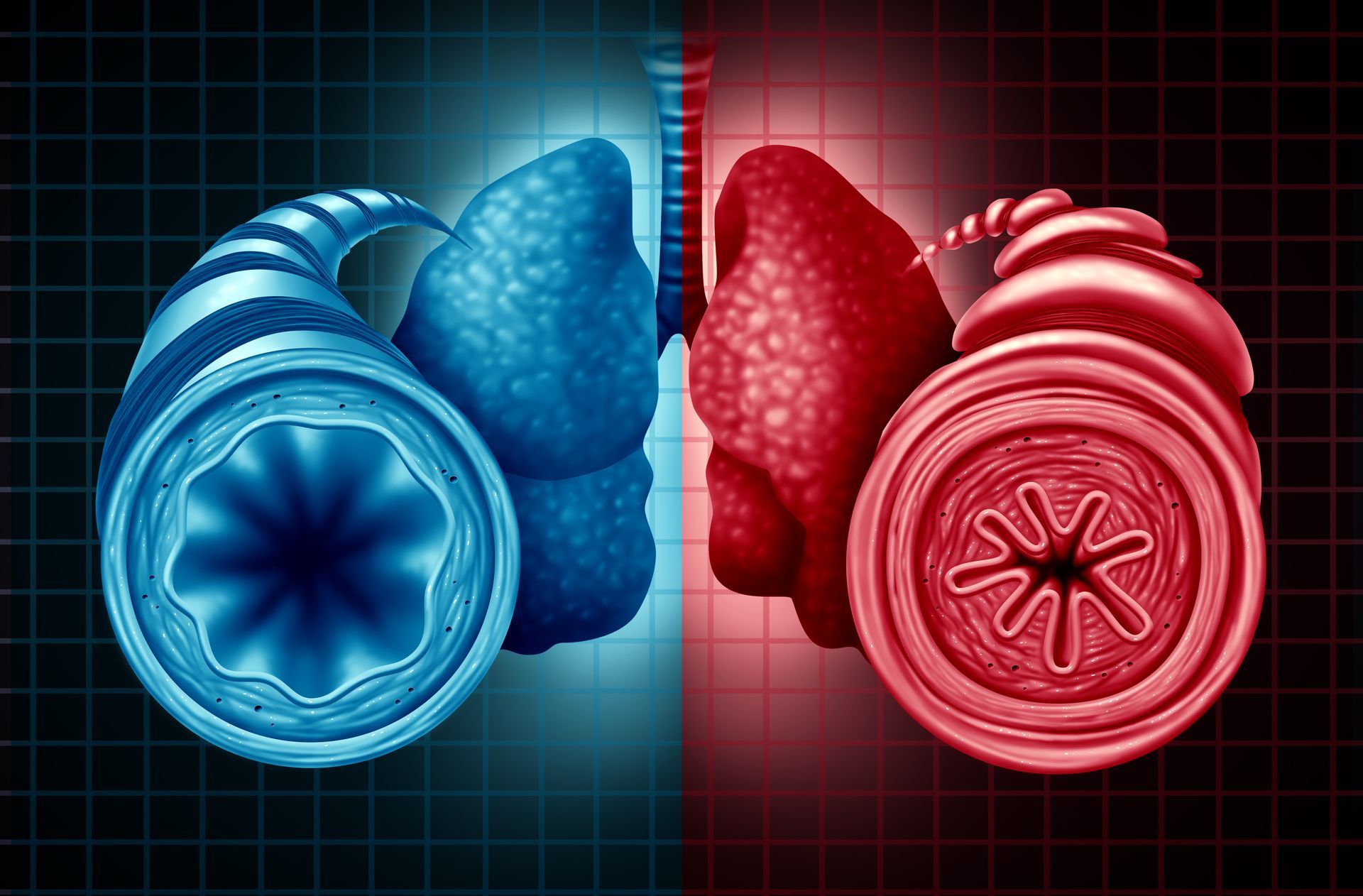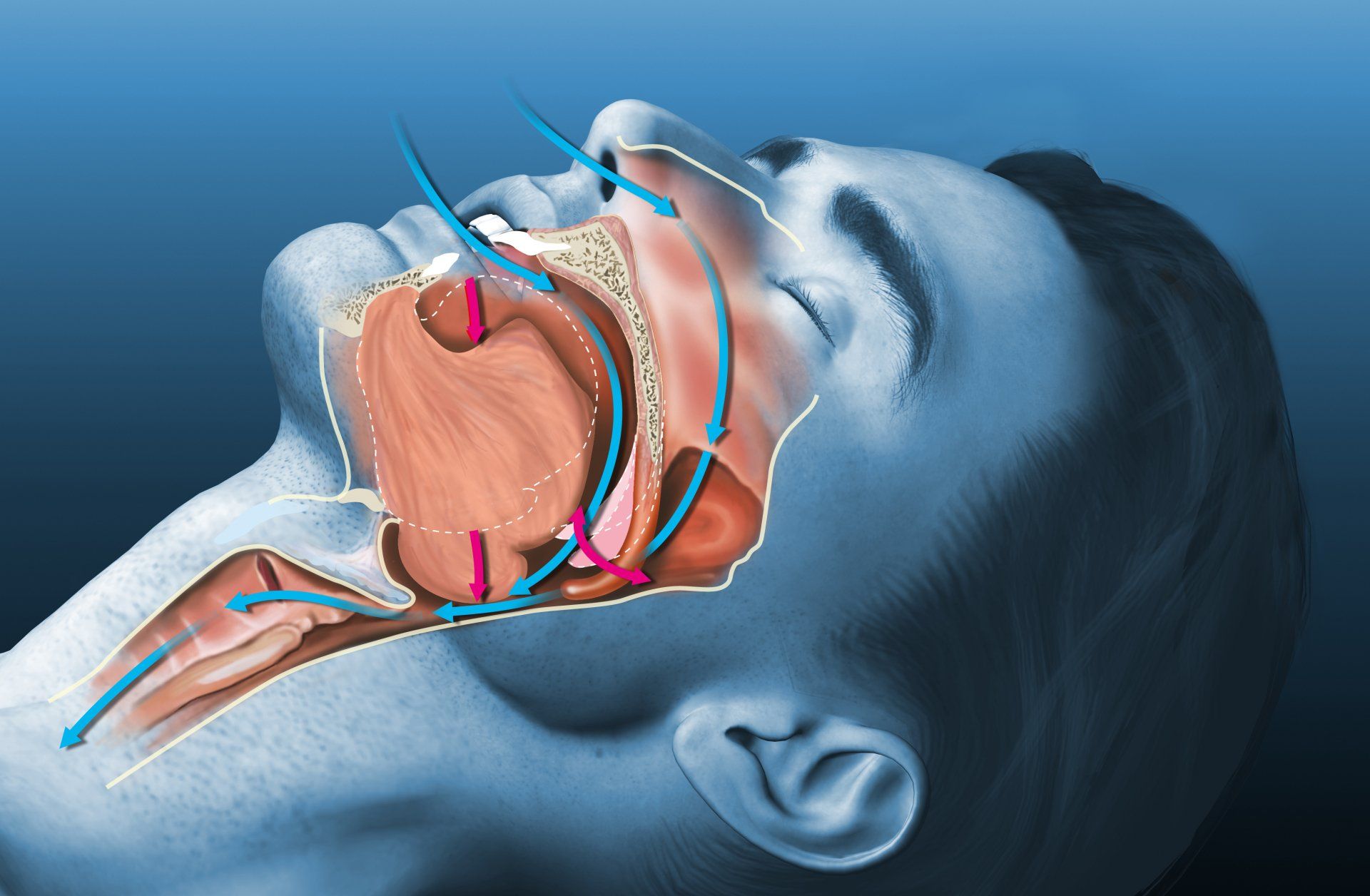Living With Asthma - How To Effectively Keep Your Asthma Under Control
Asthma is a common condition that affects the airways (breathing tubes) in your lungs. To put it simply, people with asthma have sensitive airways that become inflamed when exposed to certain triggers. Inflamed airways become narrower and this makes it difficult to breathe, leading to the common asthma symptoms of wheezing, coughing or breathlessness.
As it is a chronic disease, asthma can affect your quality of life in several ways. While asthma impacts people differently, it is often an unavoidable detriment to one's daily life, and can significantly affect an asthmatic’s quality of life.
Some people may need to miss school or work. Others may need to care for a family member with the condition. Additionally, asthma may prevent some people from participating in certain activities they love, especially exercise. In severe cases, even normal daily activities can be challenging for asthma sufferers.
What are the symptoms and signs of asthma?
- Persistent or continuous coughing
The presence of persistent cough, or one that occurs during the night or early morning, irrespective of the sound it makes, would warrant further investigation and the consideration of asthma as a differential diagnosis.
- Wheezing
A wheeze is a high-pitched whistling sound made by the airways when they are narrowed. Mild wheezing is often only detectable when examined by doctors. However, serious cases of wheezing can be heard outright.
Difficulty breathing
When the asthmatic airways are narrowed, airflow is affected and patients can feel breathless.
Increased chest pain and tightness
Chest pain and chest tightness occur when the narrowing airways make it difficult to get the air in. This often occurs at night, early in the morning, or during or just after physical activity.
If your asthma is well controlled, these symptoms should be minimal or absent.
What are the causes of asthma?
Triggers of asthma are usually multiple. A person is more likely to have asthma if someone in their immediate family has asthma.
For children, some risk factors can include: being born premature or with low birth weight, if the mother smoked during pregnancy, if they live in a house with people who smoke, or if they have been exposed to air pollution or mold early in life.
Healthy adults can also develop asthma after exposure to the following triggers:
- Allergens such as pollen, dust, food items and mould (allergic asthma)
- Cigarette smoke and traffic pollution
- Other irritants such as cleaning products, perfumes, aerosol products and certain workplace chemicals
- Physical activity (referred to as exercise-induced asthma). This is due to breathing in polluted, cold or dry air during exercise or training.
- Respiratory tract infections
What can you do to manage asthma?
Asthma cannot be cured entirely, but there are practical ways to reduce the risk of an asthma attack and live normally with asthma. Some of the common asthma management steps include:
- Getting vaccinated for influenza and pneumonia: flu and other respiratory tract infections are known triggers for asthma.
- Manage any allergies: asthma and allergies are closely linked, so treating allergic rhinitis and avoiding or managing any allergy triggers will also help the asthma.
- Live smoke-free: quit smoking and avoid any second-hand smoke (passive smoking).
- Eat well: a balanced diet helps to maintain a healthy weight. Being overweight or obese makes asthma harder to manage.
- Seeing a doctor regularly: asthma needs to be regularly assessed in order to manage optimally.
What are the available treatments for asthma?
There are two main treatment methods for asthma, namely preventers and relievers.
- Reliever medication for asthma
A reliever can be used when a patient has asthma symptoms. It opens the airways quickly and is taken as needed for short-term relief. However, it does not treat the underlying airway inflammation hence it should not be the sole treatment for asthma.
Reliever medication is often overused. Using too much, or too often, could lead to side effects, including tremors (shaking or trembling) and a rapid heart rate. Frequent or excessive use of reliever medication is a sign that your asthma is not being well controlled.
- Preventer medication for asthma
This is the key treatment for asthma. Preventer medication reduces airway inflammation and makes the airways less sensitive to asthma triggers. For most patients, it is taken on a regular basis over the long term to be most effective in reducing the risk and severity of any flare-ups.
Preventer medications contain a low dose of inhaled corticosteroid. Because this medication goes straight to your lungs where it is needed, the risk of side effects to the rest of the body is low.
Do you suspect yourself or your family members of having poorly controlled asthma? Get specialist care at Respiratory Medical Associates
Respiratory Medical Associates is an established specialist group that is recognised as one of Singapore's leading experts in the evaluation and management of asthma. Your
asthma doctor will take a detailed history to determine the cause and severity of your asthma. A comprehensive range of investigations are available to ascertain the diagnosis and severity of asthma, including lung function testing (spirometry, exhaled nitric oxide testing), radiology and allergy tests.
After obtaining the relevant information and results, your asthma doctor will discuss in detail with you and formulate an individualized treatment plan to optimize your asthma control.
Advanced treatment options are also available at Respiratory Medical Associates such as:
- combination inhaler therapy
- biologic therapy- these are injection medications that treats specific aspects of asthma inflammation in severe asthma patients
- bronchial thermoplasty- an endoscopic technique of delivering thermal energy to the asthmatic airway wall, thereby reducing the airway muscle bulk and relieving the airway narrowing.
Your asthma doctor will discuss whether these treatments are suitable for you. Enquire now at https://www.respmed-associates.sg/















